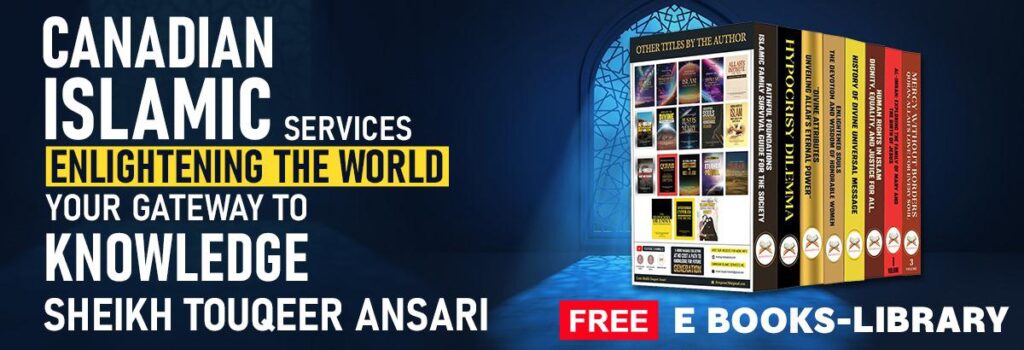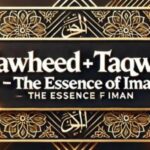
Diversity as Divine Wisdom: Embracing Differences in Prophet Muhammad's Teachings
Prophet Muhammad’s teachings acknowledge diversity as a divine manifestation of wisdom, emphasizing the significance of embracing differences to enrich the human experience and foster unity amidst diversity. The Prophet’s approach to diversity was rooted in the belief that the variety in human backgrounds and characteristics is a deliberate act of divine creation, serving a purpose in the greater scheme of existence.
Creation and Divine Wisdom:
- The Quran highlights the diversity of creation as a sign of God’s wisdom. In Surah Ar-Rum (30:22), it is mentioned, “And of His signs is the creation of the heavens and the earth and the diversity of your languages and your colors. Indeed, in that are signs for those of knowledge.”
- The diversity of languages and colors is presented as a sign pointing towards the divine wisdom behind the creation of humanity in its myriad forms.
Mutual Understanding and Appreciation:
- The Prophet encouraged mutual understanding and appreciation among people of different backgrounds. He recognized that diversity encompasses variations in languages, cultures, and physical appearances, and he encouraged his followers to seek knowledge about one another to foster understanding.
- The Quran emphasizes the purpose of diversity in Surah Al-Hujurat (49:13), as mentioned earlier, promoting mutual recognition and interaction.
Unity in Worship, Diversity in Creation:
- While emphasizing unity in the worship of one God, the Prophet acknowledged the diversity inherent in creation. The Islamic concept of Tawhid, the oneness of God, unites believers, while the diversity in creation is seen as a manifestation of God’s wisdom and creativity.
- The Prophet’s mosque in Medina, where people from diverse backgrounds gathered for prayer, symbolizes the unity of purpose in worship while celebrating the diversity of the Muslim community.
Complementary Roles:
- The Prophet recognized that diversity extends beyond mere appearances and includes differences in talents, skills, and perspectives. He highlighted that these differences contribute to the richness of human societies by enabling individuals to complement each other and collectively contribute to the betterment of the community.
- In various sayings, the Prophet emphasized the idea that the diversity of skills and talents within the community is a source of strength.
Equality Despite Diversity:
- Despite acknowledging diversity, the Prophet emphasized the equality of all individuals in the eyes of God. Differences in race, ethnicity, or social status do not grant one person superiority over another. Instead, true excellence is determined by one’s piety and righteous actions.
- This principle, reiterated in the Farewell Sermon, underscores that diversity should not lead to hierarchical distinctions but should be embraced as part of God’s intentional plan for humanity.
In summary, Prophet Muhammad’s teachings on diversity reflect a profound understanding of its role as a divine manifestation of wisdom. His emphasis on embracing differences, seeking mutual understanding, and recognizing the complementarity of diverse attributes aimed to create a society where unity coexists with the celebration of diversity. By acknowledging the purpose and beauty in the variety of human existence, the Prophet laid the groundwork for fostering unity amidst diversity, offering a timeless guide for individuals and communities seeking harmony in a pluralistic world.
©2023 – 2024 All Rights Reserved | Sheikh Touqeer Ansari | Design by Hassan Raza



